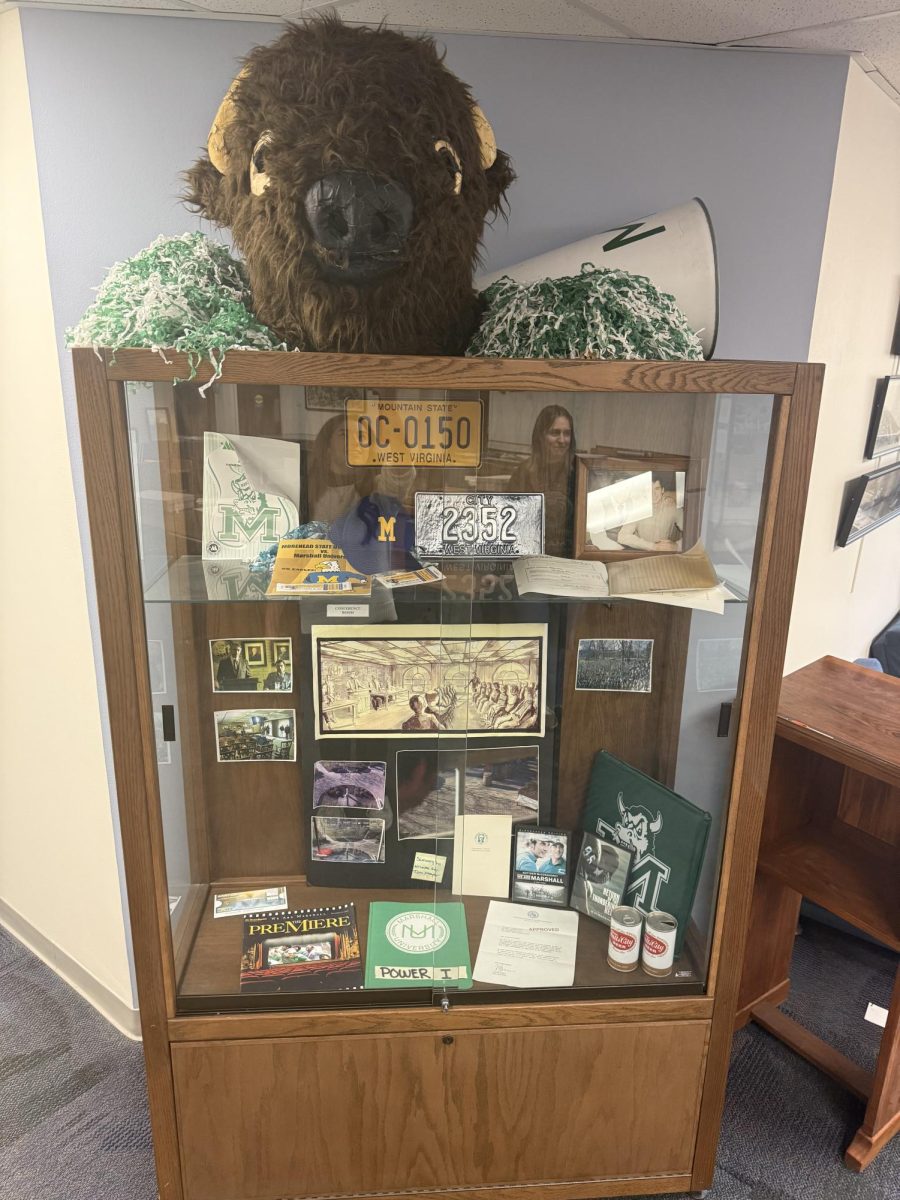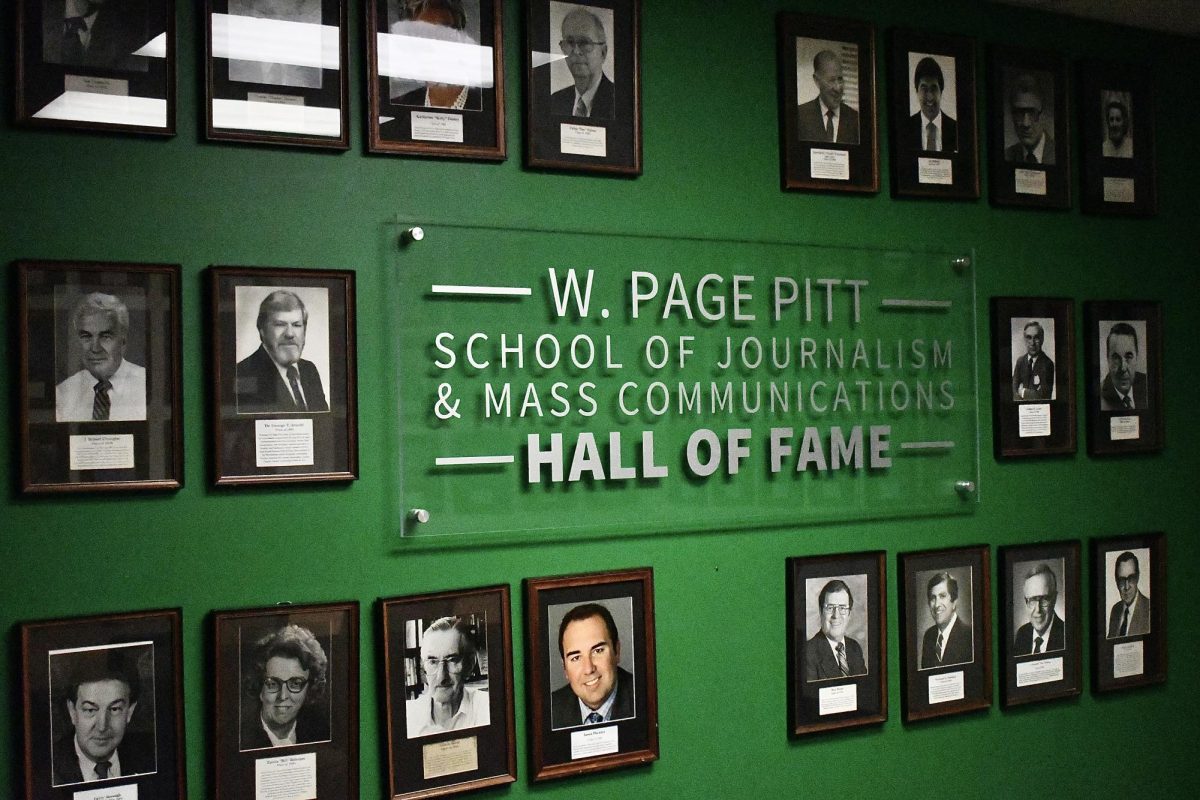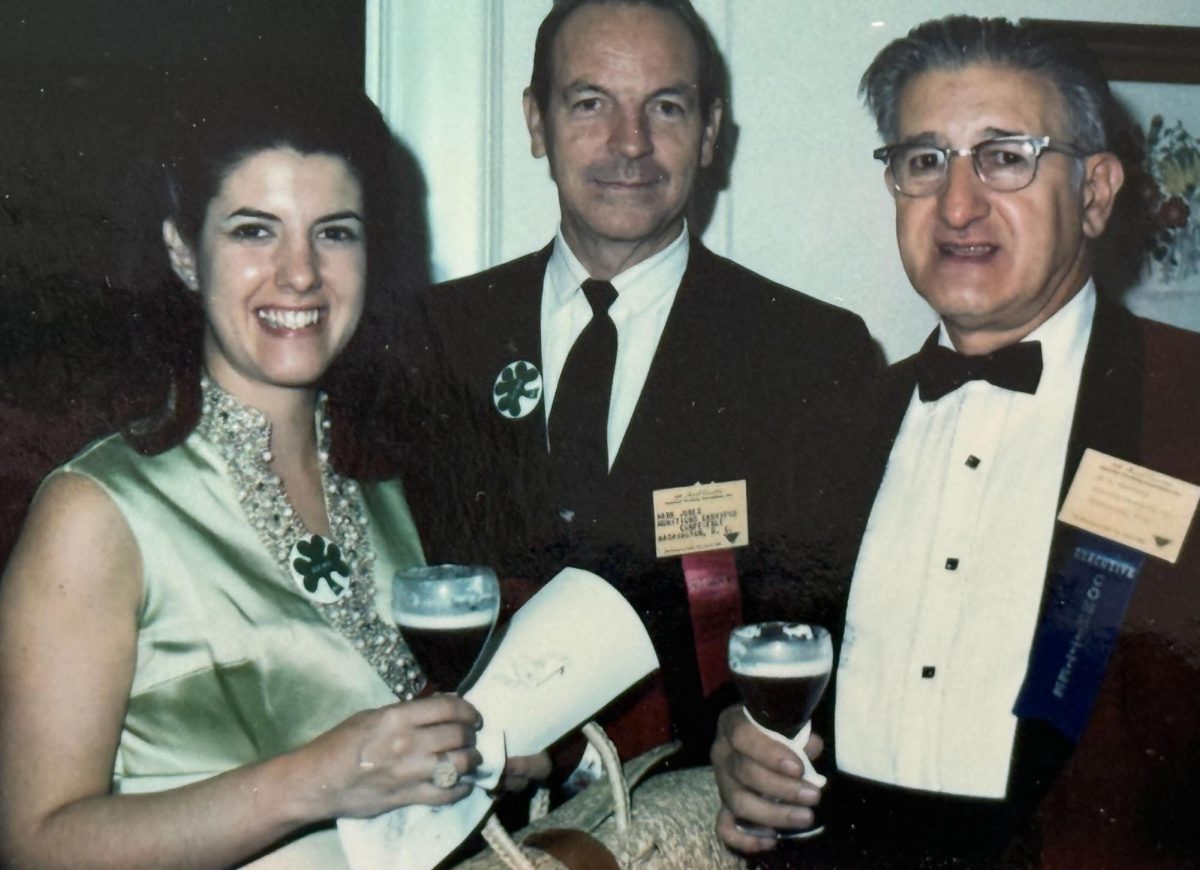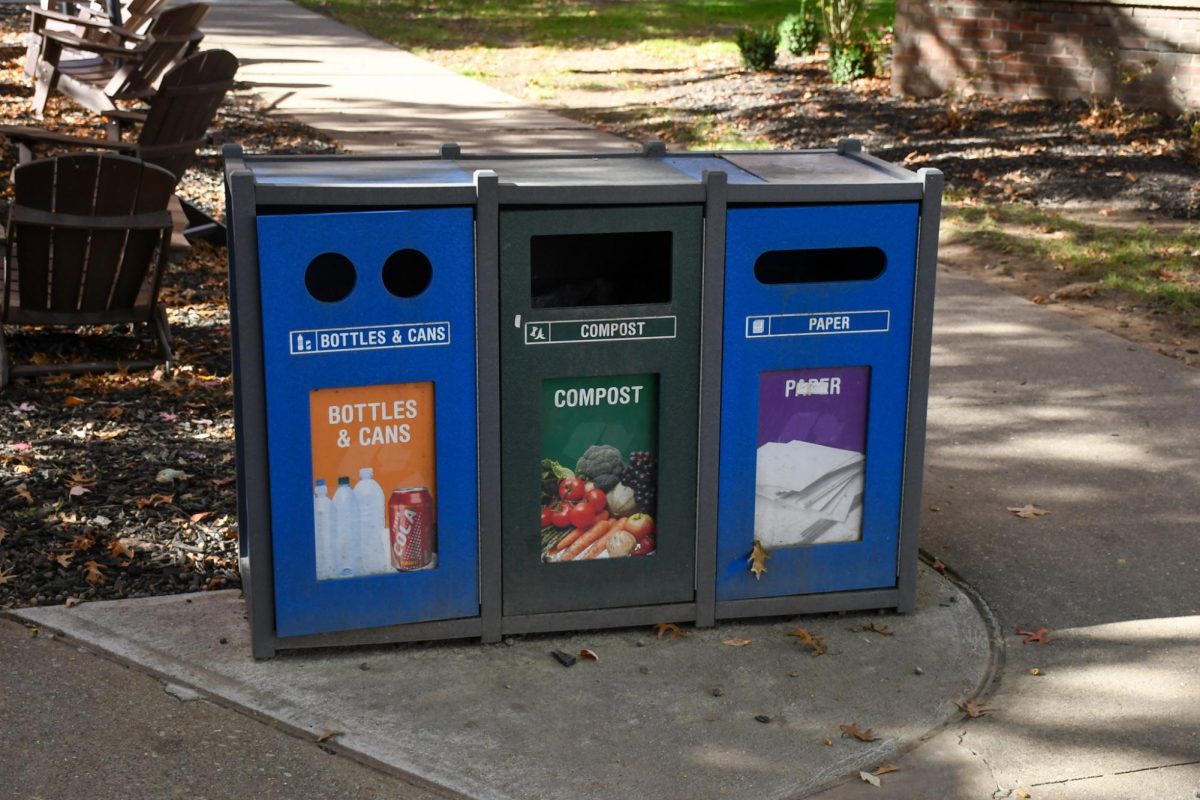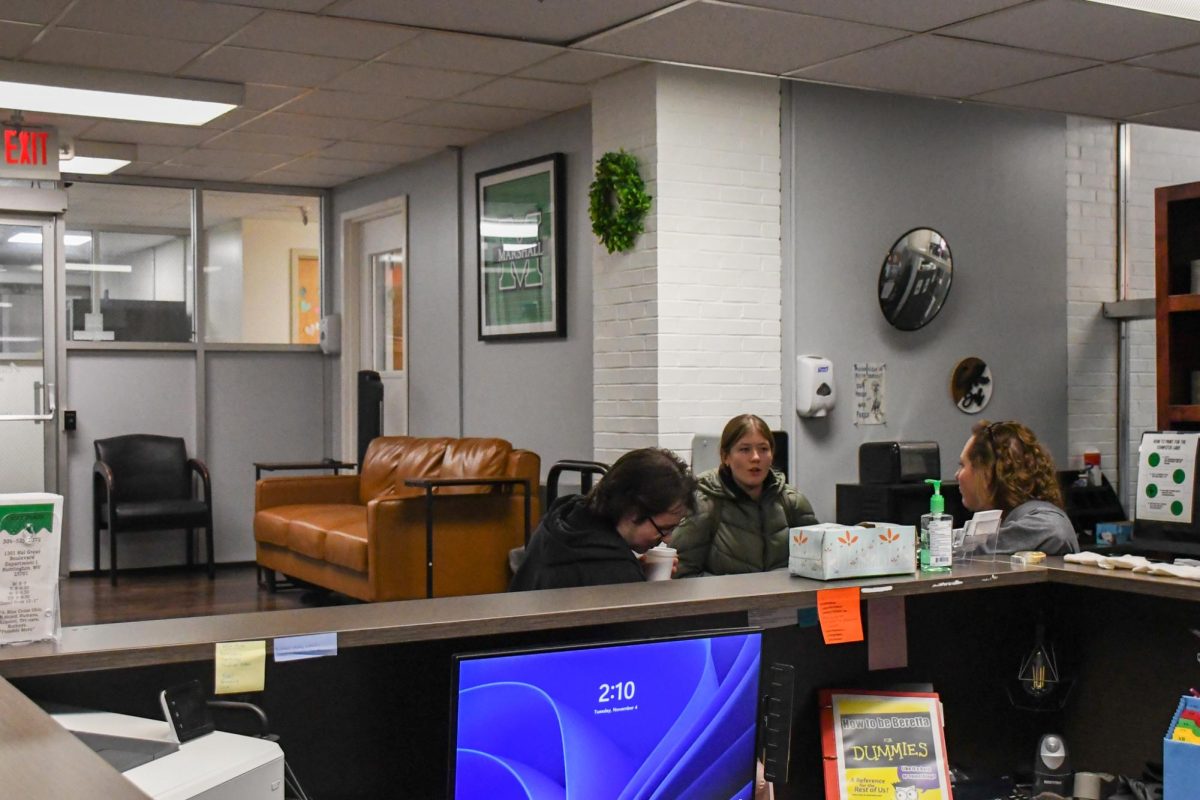“Go back to the kitchen and go make babies,” said Natalie Tennant, former West Virginia secretary of state, in her speech for the Title IX Office’s Women’s History Month event.
“Those words were yelled at me when all I wanted to do was represent my university and state,” she said. “Those words were yelled at me because I was a woman.”
Tennant visited Marshall’s campus on Wednesday, March 6, to discuss how her experiences as the first female Mountaineer mascot for West Virginia University prepared her for later life experiences.
After serving as her high school’s mascot, North Marion High School’s Super Dog, Tennant decided to audition for the Mountaineer—even though no woman had ever held the position.
“I was sincere about wanting to be the Mountaineer,” she said, “and I learned during that time period, if you are sincere and genuine for the reasons that you want to do something, you’re going to be more successful. If you’re trying to prove a point, your mind’s off on something else.”
While Tennant was proud to be chosen to represent the school in 1990, her success received backlash from the public.
“They had bumper stickers that said, ‘We don’t want a mountain dear. Give us back our Mountaineer,’” she said.
Although her athletic abilities as a woman were constantly under question, Tennant said she met the criticism with humor.
In discussing one particular encounter with a fan, Tennant said, “He was like, ‘Why don’t you just go home?’ And I’m like, ‘Well, I am home. Right over there’s my apartment.’”
“Then he said, ‘You have no right to be here,’” Tennant added, “and I didn’t have a cute comeback for this.”
Tennant said the harshness she endured shaped who she has become as a person.
“It truly helped to build my character by having some of these things said about me and to me and done unto me,” she said.
With WVU having had two more female mascots since her time as the Mountaineer, Tennant also said she is grateful her experiences have helped others.
“When we endeavor for sincere reasons, at the same time, we make it easier for others,” she said. “It may be difficult at the time, but you surround yourself with people who appreciate what you’re doing, who know what you’re doing and who support you.”
Title IX Coordinator Jessica Rhodes said Tennant’s impact on the women who came after her played a large role in having her speak on campus.
“Future generations see the potential outside society’s norms, giving them the strength to say, ‘I can do that, too,’ or even, ‘I can be the first, too,’” Rhodes said. “Women can look at those from history, including Natalie, to see the possibilities of what is available to them and not feel constrained to specific roles.”
Rhodes went on to say, “Her story of resilience against comments, articles et cetera, in opposition to her just wanting to support her school, is an excellent example of a woman in an educational activity who overcame what was expected and changed the landscape.”



